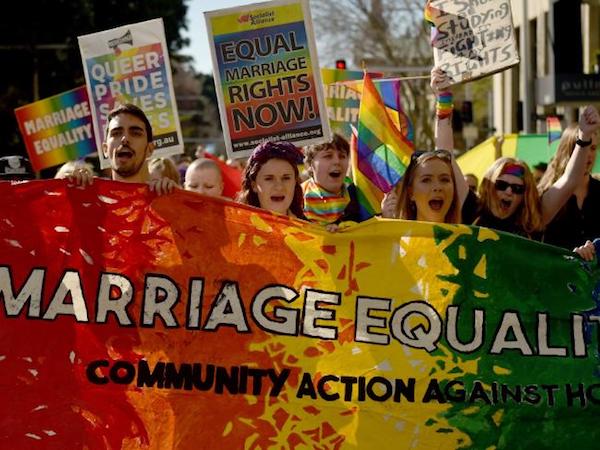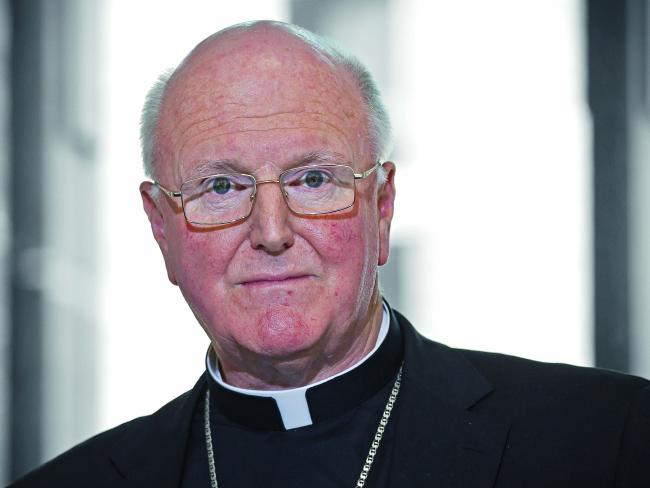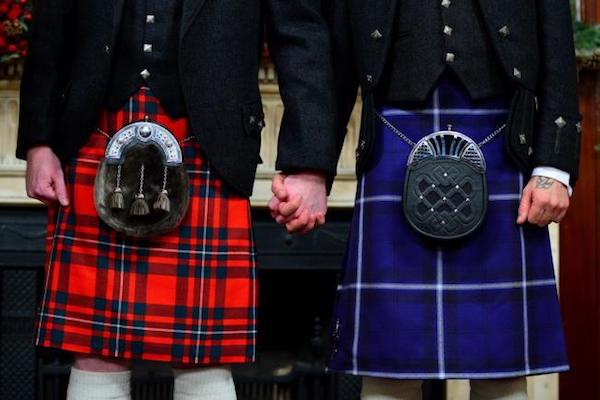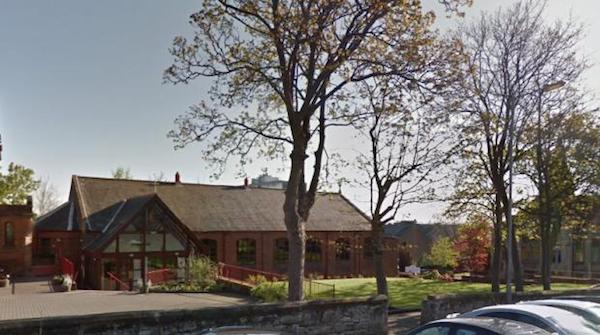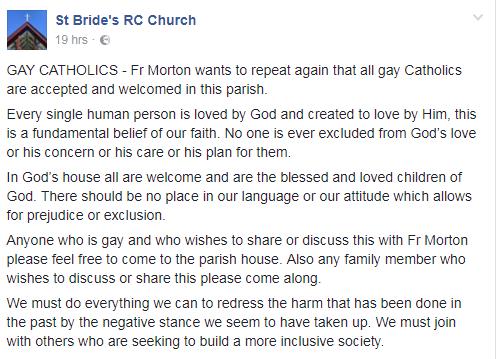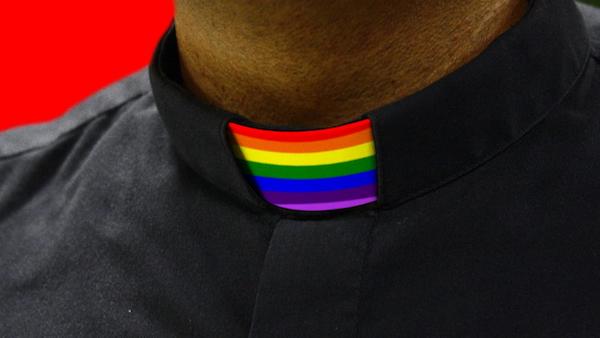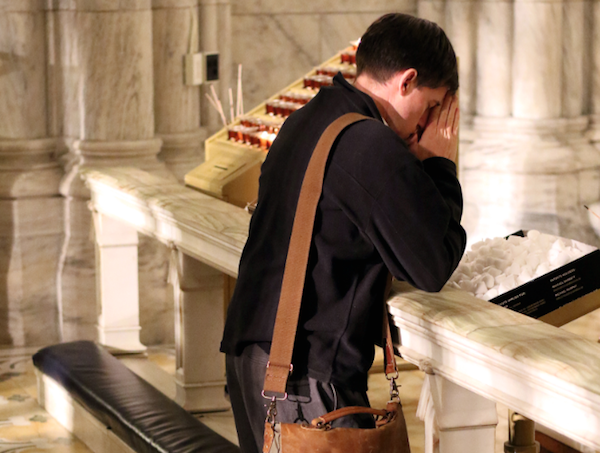By Alex Ryan
Being both gay and Catholic leads to a somewhat fraught existence. On one hand, we have our Catholic peers who, frequently, have trouble empathising with what it means to be ‘intrinsically disordered’. On the other, we have our queer friends who are, understandably, sceptical of our allegiance to an organisation that has a deep history of discrimination towards people like us.
This existence is further complicated for those of us who choose to partake in ministry that sees us employed by the Church.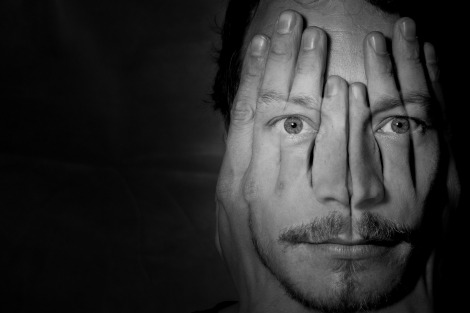
I am a gay man and, also, a religion teacher in a Catholic school. Recently, I’ve begun to wonder if my teaching days are numbered, particularly given Archbishop Denis Hart’s comments (reported, but since clarified) about Catholic organisations firing gay staff.
It’s the great unspoken rule of Church organisations that gay people must fly under the radar. A ‘don’t ask, don’t tell’ policy is implied, but all of us are acutely aware we work in one of the few jobs not protected by anti-discrimination laws. This black cloud hangs over our every public action because, for some reason, teachers’ lives are something our communities feel entitled to know and talk about.
Whether it’s our social media posts, or even just holding our partner’s hand in public, we must carefully curate our outward appearance so as to not technically break Church rules, even if many of us live in a ‘glass closet’. Though we know it is unlikely we will be fired, we also know the potential is there if the wrong student or parent catches whiff of our supposedly un-Christian behaviour.
Last year I got my first long-term boyfriend since becoming a teacher. This was an exciting time for me, as it was part of embracing my queer identity. But what should have been a joyous occasion led to a great deal of anxiety. I had to explain to a man I cared about that, even though I wasn’t ashamed of him, I couldn’t risk listing him as my partner on Facebook. I was lucky that he was understanding, though it still hurt to explain it to him.
You may think this isn’t a big deal, but I would challenge the average person to go weeks, months, and years without mentioning any aspect of their love life to any coworker. The stress of hiding a major part of life is not insignificant; one wrong move and our livelihood is on the line. This is not to mention that, with the personal scrutiny school administration positions face, our career advancement opportunities in Catholic schools are limited.
People ask: ‘Why don’t you just move into the state system?’ It’s a fair question. But my answer is simple: I just don’t want to. I love working in a place where my faith is ingrained in the everyday routine; a place where Catholicism’s history and tradition are taught, explored and questioned.

Ever since I decided I wanted to be a teacher, I wanted to teach religion. Though it’s not my job to convert students, like in the old catechetical model of Catholic schools, I hope students can at least leave my classroom with an appreciation of how faith contributes to our world. I’m gay, but I’m also Catholic.
LGBTIQ+ people have a lot to contribute to our Catholic schools. To deny our students access to amazing teachers is surely a greater assault to ‘decency’ than what these teachers are doing in the privacy of their own homes. This, of course, leads to the question that many queer Catholics have about the institutional Church: Why is the same level of scrutiny not applied to our heterosexual colleagues?
I know a great many Church employees who live in open defiance of its teachings. People who are divorced, remarried without annulment, married outside the Church, cohabiting before marriage, have children out of marriage, or are engaging in premarital sex. I have also worked with many people who don’t even identify as Catholic. Surely if we are using adherence to Catholic belief as our yardstick for employability, then people who openly reject papal authority (e.g. Protestants), or reject belief in the Holy Trinity (eg. non-Christians) would fall short of the mark.
I’m not, of course, advocating that people in these groups should be excluded from employment in Catholic institutions — on the contrary. Rather, this is just to illustrate that to single out gay Catholic employees is to arbitrarily discriminate against an already vulnerable group. That, surely, would be a plank in the Church’s eye far bigger than the speck in mine.
Complete Article HERE!

